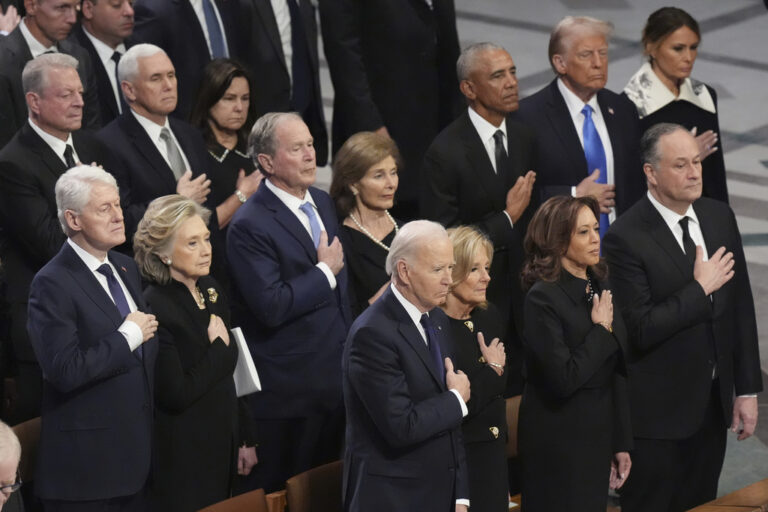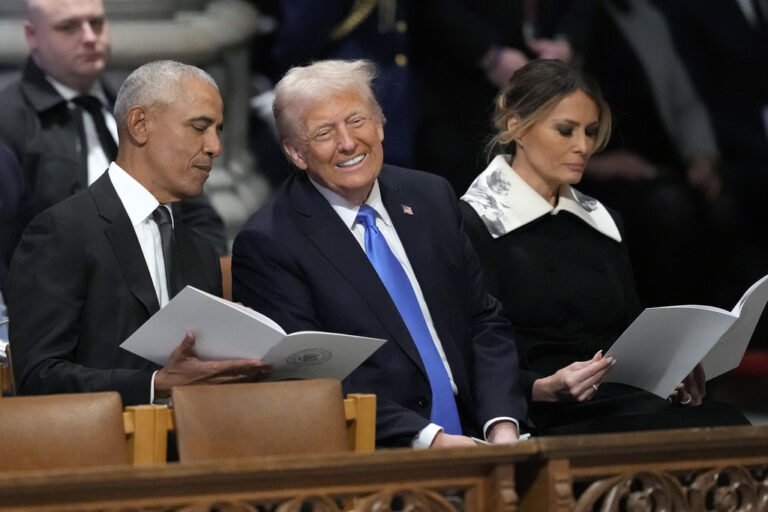 On Shabbos 20 Adar 5773, Prime Minister Binyamin Netanyahu’s 28-day presidential mandate to form a coalition will expire. It is all but guaranteed that he will receive an extension, but there is an element of surprise and embarrassment accompanying the reality that after three weeks of talks, only The Movement Party with its six seats is on board.
On Shabbos 20 Adar 5773, Prime Minister Binyamin Netanyahu’s 28-day presidential mandate to form a coalition will expire. It is all but guaranteed that he will receive an extension, but there is an element of surprise and embarrassment accompanying the reality that after three weeks of talks, only The Movement Party with its six seats is on board.
If one asks Likud/Beitenu officials today, one will learn talks with Bayit Yehudi are advancing and an agreement is near. Bayit Yehudi on the other hand speaks of stalled talks and insignificant progress.
Avigdor Lieberman appears to still be focused on breaking the bond between Naftali Bennett and Yair Lapid, while Bennett signals the agreement between the two parties is as strong as ever and he will not move without Yesh Atid and the same is true in reverse.
With days remaining to the expiration of the mandate the prime minister is agitated, frustrated and concerned. Undoubtedly a political master, Mr. Netanyahu finds himself on unchartered territory, unable to close a deal, particularly with political novices like Bennett and Lapid. The chareidi parties on Tuesday 16 Adar 5773 remain silent, as they issued statements before Purim they cannot accept Likud’s share the burden formula, and now, left without alternatives, Likud/Beitenu must focus its political expertise on bringing Bayit Yehudi and Yesh Atid on board. Depending on whom one asks, this may or may not be heading to a deal.
(YWN – Israel Desk, Jerusalem)











One Response
It seems that the two largest factions in the Knesset –
Likud-Beitenu and Lapid-Bennett – are fearful of forming a
government with the Chareidim and are searching among the small
non-Chareidi parties for enough votes to form a governing
coalition. This suggests that the non-Chareidi voters of the State
of Israel expect the Chareidim to increase their share of the
burden, and the Gedolim will have to recognize that, in this world,
their position will not be sustained for the near future. I suspect
that Likud-Beitenu and Lapid-Bennett both want to avoid the
Chareidim, as they believe – perhaps correctly – that whoever
yields to the Chareidim will alienate non-Chareidi voters, and
their governing coalition will be short-lived and tarnished by
their affiliation with the Chareidim. I do not like saying this,
but that appears to be the state of politics in the State of
Israel.